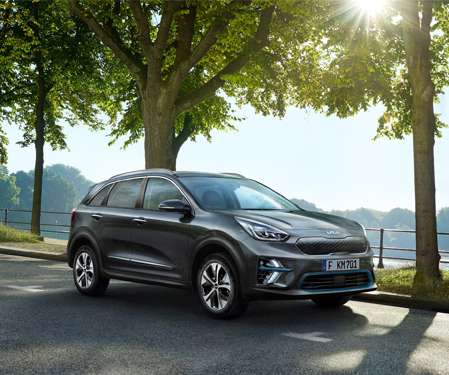Electrification gaining momentum in fleet vehicle industry – Charged EVs
Baua Electric
FEBRUARY 29, 2024
Medium- and heavy-duty trucks, from delivery vans to tractor-trailers, are major fuel consumers and greenhouse gas (GHG) emitters. To reduce CO2 emissions, many countries signed the 2015 Paris Agreement on climate, pledging to cut their emissions by certain targets. Overall, the outlook for the future of EV fleets is very positive.











Let's personalize your content